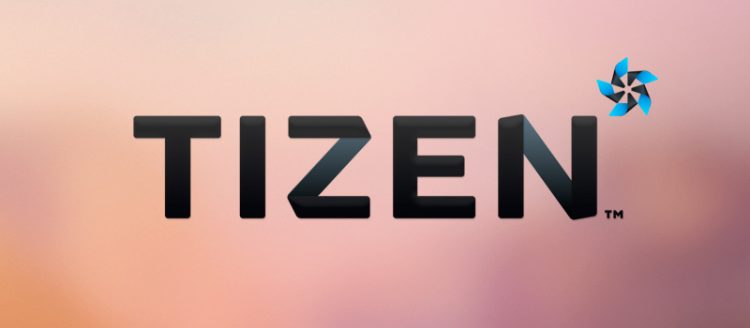Ubuntu for devices isn’t the only Linux-based open-source mobile effort heading to market. Tizen, which is backed and supported by the Linux Foundation, Intel, LG and Samsung, is preparing to launch its first smartphone.
The open-source OS already powers a number of devices on the market, including a digital camera and several smartwatches.
But for industry experts the true test for Tizen lies in whether its first smartphone can compete against the incumbent duopoly of Android and iOS.
To stand a chance, Tizen will need to make a stellar first impression.
First Tizen Phone
Earlier this week the first Tizen phone was announced. The Samsung Z will go on sale in Russia in the summer — the pricing of which is, as of writing, unknown.
Before the handset lands on Russian retailers’ store shelves, Samsung will likely continue work on refining the OS, its UI and the hardware it will run on over the coming months. But a todo list hasn’t stopped the tech giant from proudly showing off progress made thus far.
‘Fast, Fluid Experience’
And what better platform than the Tizen Developer Conference, held in San Francisco this week?
The natty bloggers from The Handheld Blog were there in person and able to go (literally) hands on with a prototype. They captured a short video of the UI in action. Orientation fumbles aside (these can be forgiven) anyone who has spent time playing with Samsung’s custom ‘TouchWiz’ UI layer on Android should find a lot of the user interaction and styling of the OS on the Z a tad familiar.
Ash Nazir from the awesome Tizen Experts also had time to film a poke around with the device.
Phone Specs & Extras
The Samsung Z runs Tizen 2.2.1 on a quad-core ARM processor clocked at 2.3GHz. It comes with 2GB RAM and 16GB storage. The 4.8-inch touchscreen AMOLED display has a resolution of 1280×720.
In addition to the usual hardware functions – like accelerometer, proximity detection and ambient light sensor – Samsung has kitted the Z out with some neat extras, including a fingerprint scanner and a heart rate sensor.
An 8MP camera sits on the rear of the device, while your face can be captured using a 2.1MP snapper on the front.
Apps
App ecosystem will be key in driving adoption. As the videos above note, there are a decent array of stock apps on offer to cater to essential functions. Samsung will also preload the handsets with native versions of their own stock apps, including a chat client and sync tool to communicate with their range of Galaxy Gear smartwatches.
Unlike Ubuntu for devices, the Tizen OS ships with an Android compatibility layer, allowing it to run most — but not all — Android apps. The Samsung Z will include the Yandex App Store, one of the largest Android app markets in Russia, to help plug any gaps in apps in the native Tizen Store.
- Source: liliputing

